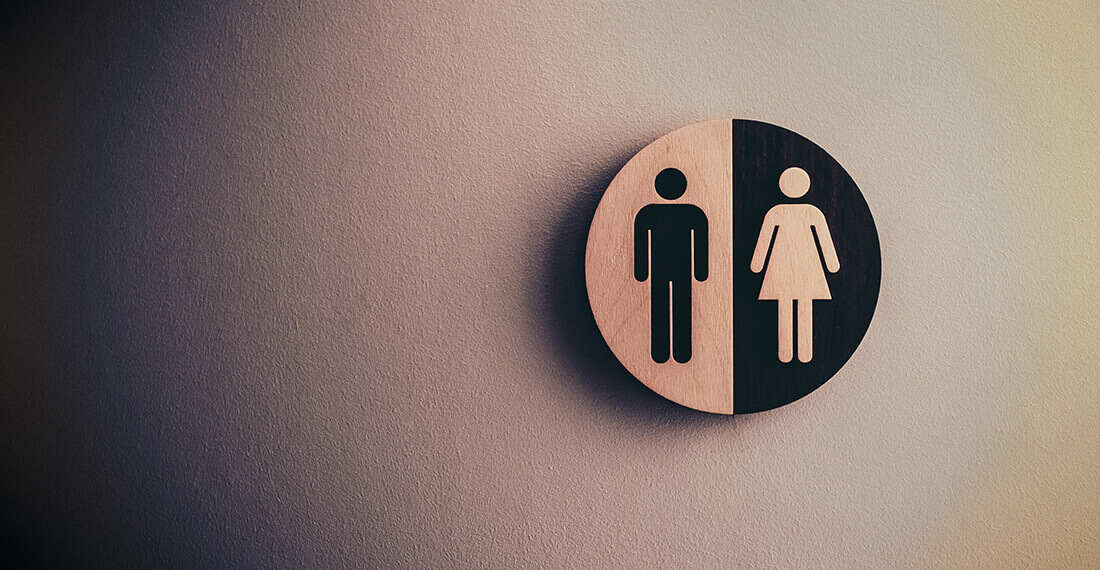< 1 Min Read
Playback speed:
Urinary incontinence is a common problem in dementia. As the disease progresses, your loved one may become less aware of their toileting needs and urinate unconsciously. Deterioration may lead to urinary tract infection, an enlarged prostate gland, drinking too much caffeinated beverages, impaired mobility, and constipation.
It may be helpful to:
- Take them to the toilet at regular intervals (timed toileting) to foster continence. This is possible with effort and careful attention to their usual toileting habits. This gives them a chance to maintain comfort and self-esteem, and postpones the need for continence products such as diapers.
- Ensure regular diaper changes to keep the groin area dry and clean.
- Use a skin protective cream to minimise skin irritation or breakdown from soiled diapers.
The need to use diapers is a result of your loved one’s inability to control their urinary motions.
- It is important to check and change diapers frequently for hygiene purposes.
- Turn your loved one at regular intervals they are bed bound to prevent development of pressure sores.
- Skin, which is hot from constantly being in the same position and moist from urine or faeces, can become macerated (softened from prolonged fluid exposure) and be prone to bed sores, resulting in infections. Serious infections can affect the deep tissues or bone underneath the skin and be difficult to treat.
Good skin hygiene, together with adequate fluid intake and regular bowel clearance, prevents urinary tract infections which are also common in people with dementia.
×




